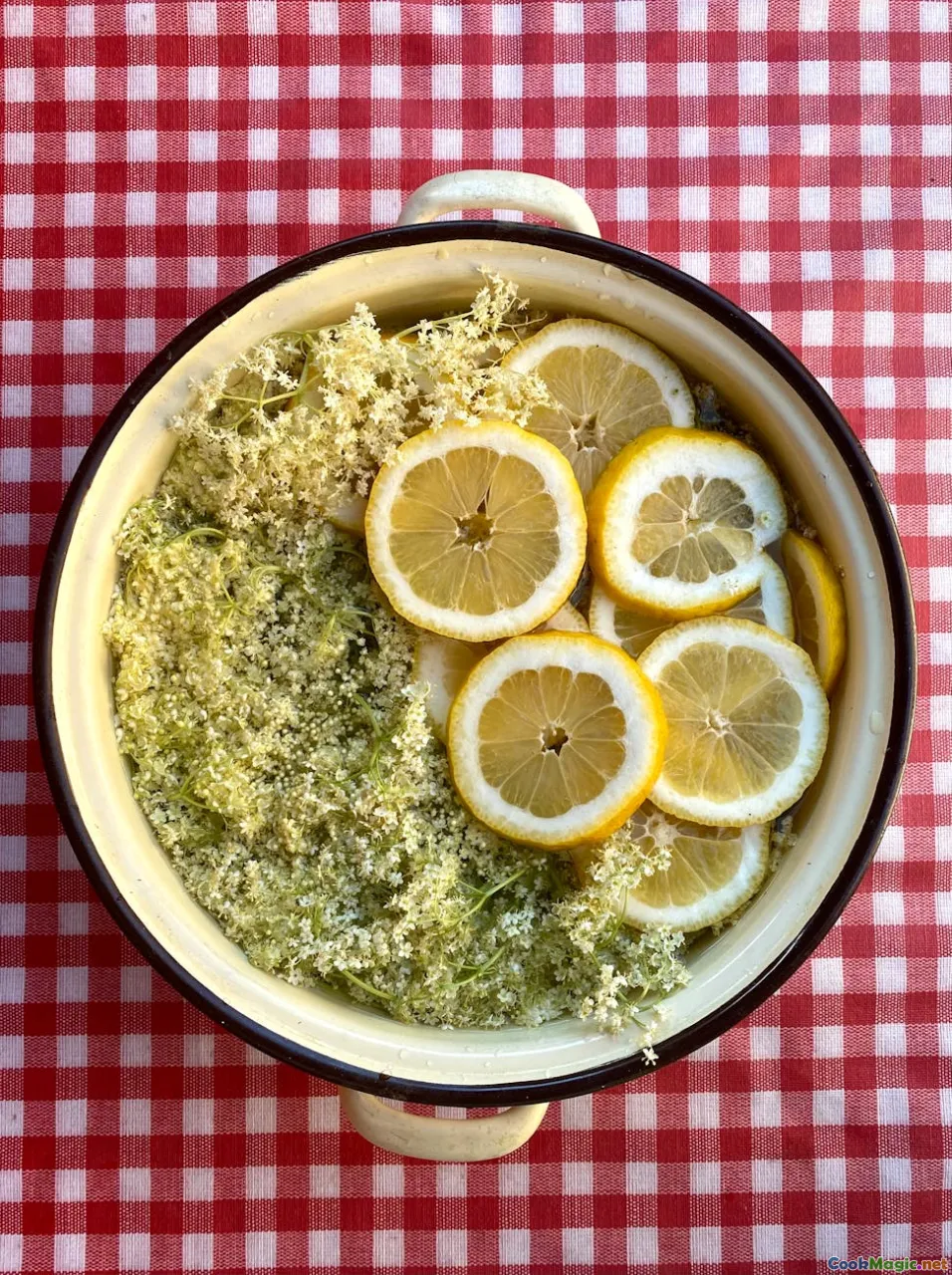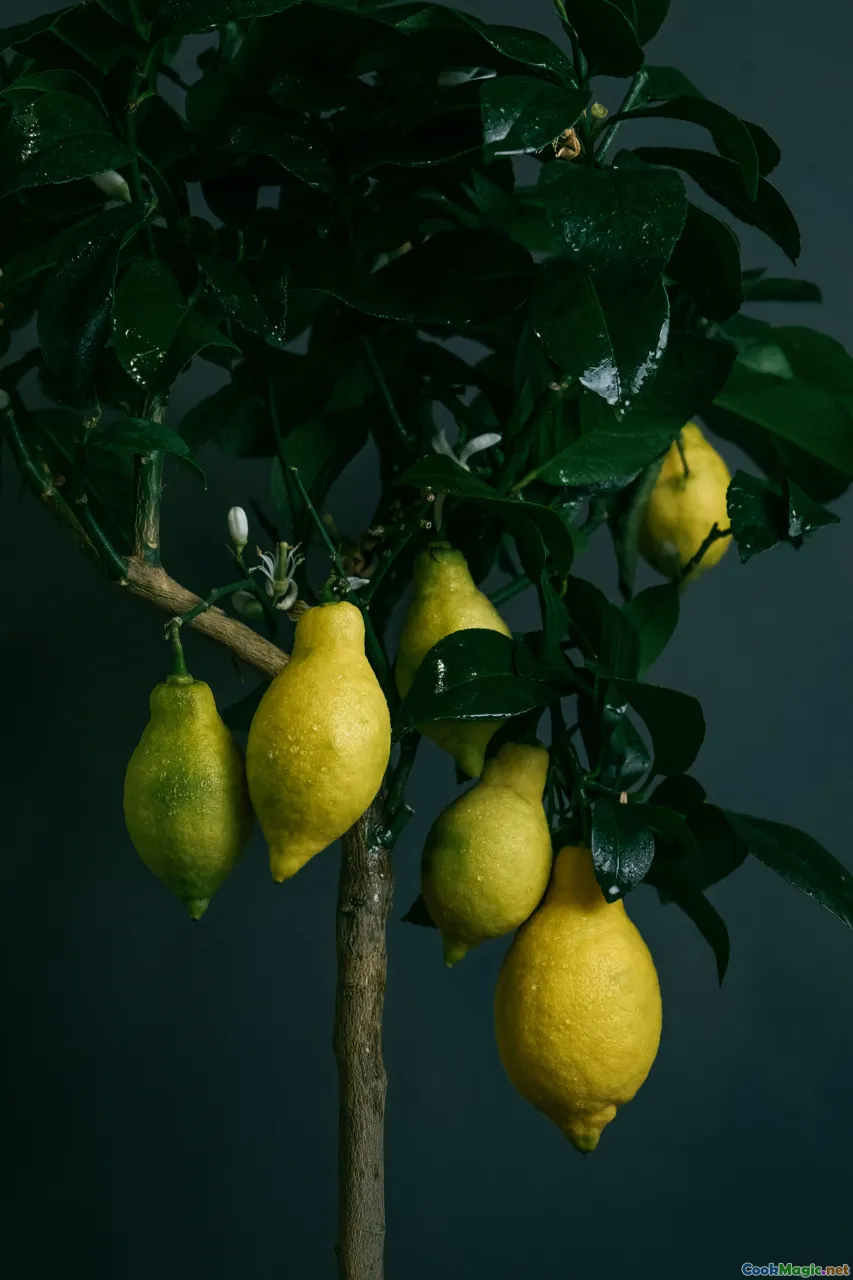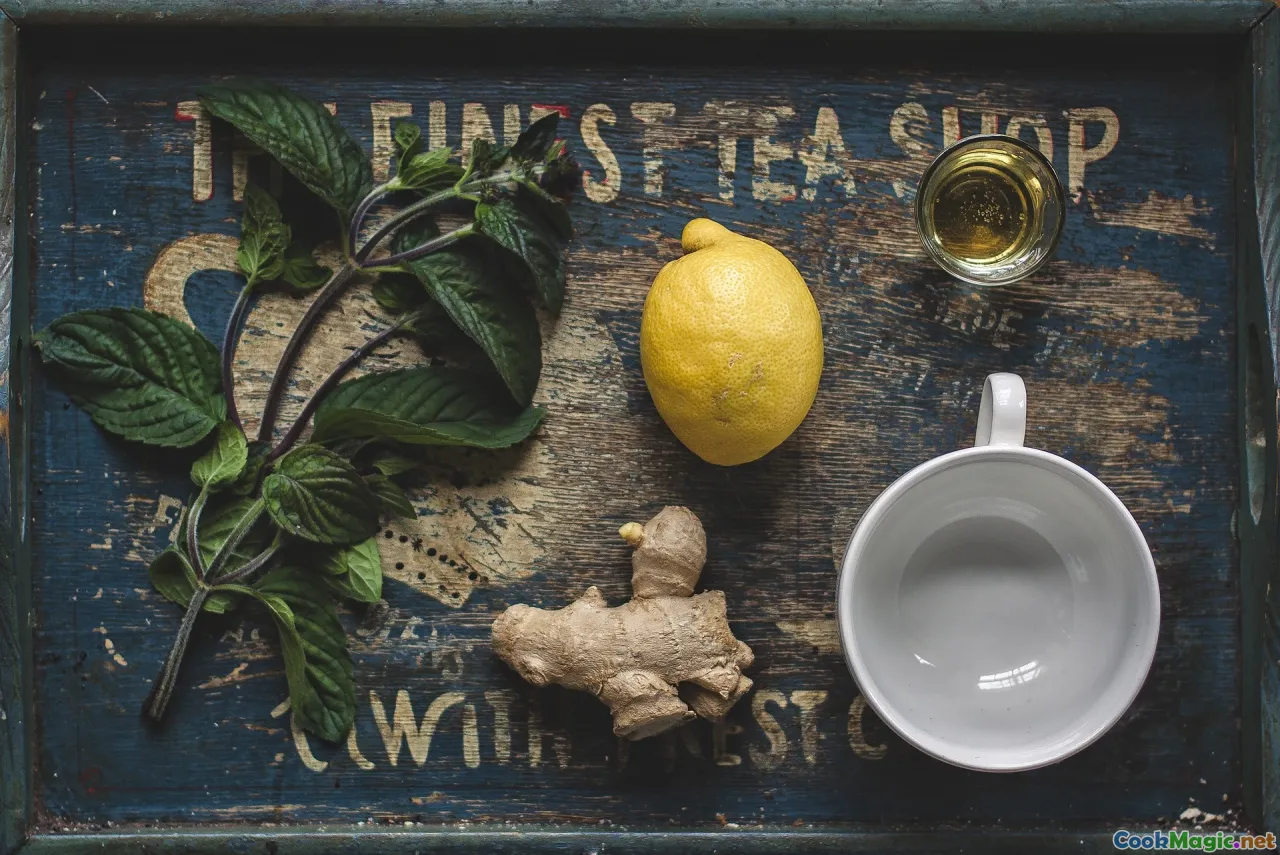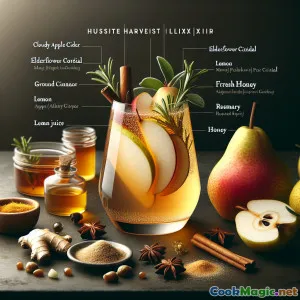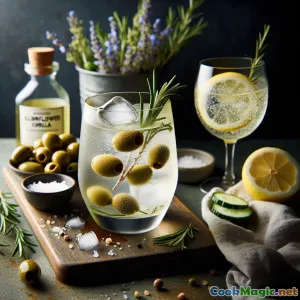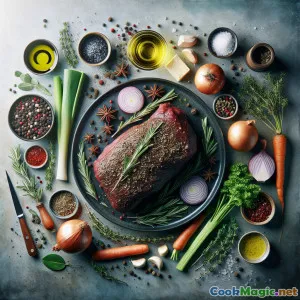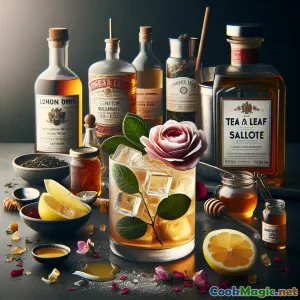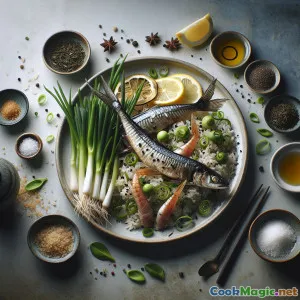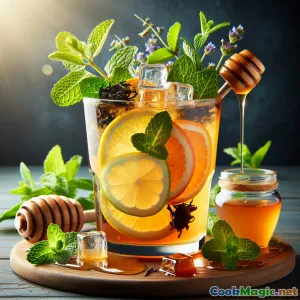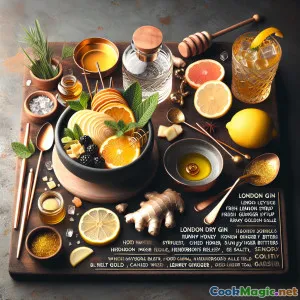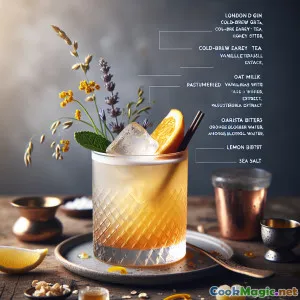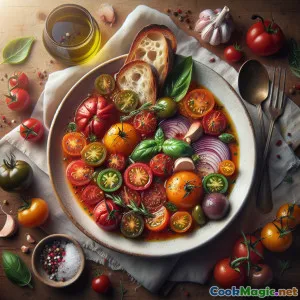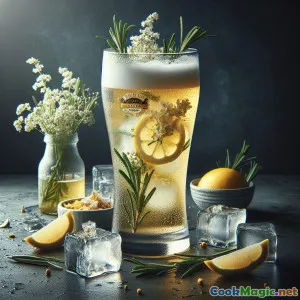
Danube Haze Pilsner: Bia thủ công của Anh với hương hoa
(Danube Haze Pilsner: English Craft Brew With a Floral Twist)
(0 Đánh giá)0
591
tháng 8 08, 2025
Báo cáo sự cố
Nguyên liệu
-
700 ml Bia Pilsner Anh Quốc Làm Lạnh
(Look for craft, unfiltered; Czech or German-style also works)
-
40 ml Nước hoa elderflower
(Homemade or quality store-bought for floral notes)
-
30 ml Nước cốt chanh tươi
(Preferably Sicilian lemon for extra zest)
-
2 sprigs Nhánh hương thảo
(Lightly bruised to release aroma, plus more for garnish)
-
2 strips Vỏ chanh
(Peeled fresh; avoid bitter pith)
-
1 cup Viên đá
(Served per glass for extra chill)
(Look for craft, unfiltered; Czech or German-style also works)
(Homemade or quality store-bought for floral notes)
(Preferably Sicilian lemon for extra zest)
(Lightly bruised to release aroma, plus more for garnish)
(Peeled fresh; avoid bitter pith)
(Served per glass for extra chill)
Dinh dưỡng
- Khẩu phần: 2
- Kích thước khẩu phần: 1 pint (500ml)
- Calories: 120 kcal
- Carbohydrates: 0 g
- Protein: 2 g
- Fat: 0 g
- Fiber: 0 g
- Sugar: 8 g
- Sodium: 15 mg
- Cholesterol: 0 mg
- Calcium: 10 mg
- Iron: 0.1 mg
Hướng dẫn
-
1 - Chill and Prepare Glassware:
Place pint glasses in the freezer or fill with ice and water for a few minutes. Remove before serving.
-
2 - Build Aromatics:
Put rosemary sprig and lemon zest strip in each glass. Muddle gently with a bar spoon or muddler to release fragrant oils.
-
3 - Mix Base Flavours:
Add 20ml elderflower cordial and 15ml lemon juice to each glass, swirling to combine with aromatics.
-
4 - Add Pilsner:
Fill glasses halfway with chilled pilsner. Swirl gently; don't stir vigorously.
-
5 - Finish & Garnish:
Top up with remaining pilsner, add ice if using, and garnish with an extra rosemary sprig and twist of lemon zest.
-
6 - Serve:
Serve immediately while cold, letting herbal and floral notes weave through each sip.
Place pint glasses in the freezer or fill with ice and water for a few minutes. Remove before serving.
Put rosemary sprig and lemon zest strip in each glass. Muddle gently with a bar spoon or muddler to release fragrant oils.
Add 20ml elderflower cordial and 15ml lemon juice to each glass, swirling to combine with aromatics.
Fill glasses halfway with chilled pilsner. Swirl gently; don't stir vigorously.
Top up with remaining pilsner, add ice if using, and garnish with an extra rosemary sprig and twist of lemon zest.
Serve immediately while cold, letting herbal and floral notes weave through each sip.
Thông tin thêm về: Danube Haze Pilsner: Bia thủ công của Anh với hương hoa
Danube Haze Pilsner: Summary, History & Tips
Danube Haze Pilsner is a celebration of English craft beer’s creative resurgence, blending the classic crisp notes of pilsner with an unmistakable haze of wild-harvest botanicals and flowers. Inspired by mist-laden English riverbanks, this drink embodies the moment the early morning haze blends into the lively, aromatic spirit of a modern English garden.
Historical & Cultural Significance
Pilsner, originally from the Czech city of Pilsen, became a beloved import in England by the late 19th century, attracting those with a taste for freshness and sophistication rarely found in heavier ales. The English adaptation, especially among newer generations of brewers, frequently introduces local botanicals – a proud nod to the perfumed hedgerows and traditional herb gardens of British country life.
Elderflower, a hallmark of English rural flavor, infuses rustic summer celebrations with fragrance and zest, featuring in syrups, wine, and cakes. Lemon denotes brightness and is a regular component to cut through heavier flavors, often accompanying British desserts and convivial drinks alike. Rosemary, a classic culinary herb, contributes not just a subtle bitterness, but a piney freshness uniquely fitting for the village green and countryside picnic tables.
“Danube Haze” evokes not just the misty visuals of river mornings (whether the celebrated Danube or the Thames’ verdant tricks), but also the merging of English old-world charm—reflected in countryside infusions—with the bright, sparkling pleasures of continental pilsner. This drink offers a British twist on a pan-European classic.
Unique Aspects
What makes Danube Haze Pilsner stand apart is its terroir-centric approach, focusing on the freshest expressions of English flora. Using elderflower cordial (either homemade from local blooms or artisanal bottled), it steps clear of complex syrups or obscure bitters, making it a charm for both the home mixologist and the riverside publican. The rosemary inclusion is subtle—bruise it, don’t crush—just releasing enough aroma without overshadowing the delicate malt of the pilsner or the gentle tang of the lemon.
Optional ice is unorthodox for traditional beer service but, in this hybrid context (especially for sticky, sunlit garden parties), it gives the drink elevated coldness and sophistication reminiscent of spritzes or cocktail fusions.
Tips & Serving Notes
- Use the freshest rosemary for best aromas. A gently twisted sprig allows oils to dance across the nose at every sip.
- Elderflower: If you want less sweetness, halve the cordial and use sparkling mineral water to top.
- Always select a true craft or quality chill-filtered Pilsner with not too strong hoppy bitterness; the subtleties of flower and herb need to shimmer, not sweat beneath excessive alpha acids.
- Variations: Try adding a sliver of cucumber and swapping rosemary for thyme if it suits the occasion.
When to Enjoy
Ideal for garden gatherings, riverside picnics, modern weddings, or an early-evening refreshment greeting the weekend after a workweek’s bustle. Its approachable complexity charms beer novices and enthusiasts alike.
Personal Thoughts
This recipe was born from an observation that English innovation, far from resisting continental trends, often elevate them with terroir pride—culinary wild plants paired harmoniously with globally loved beverages. Danube Haze Pilsner promises revelatory refreshment, visually appealing with delicate herbal lift, and a nose that draws you to slower, hazier afternoons.

